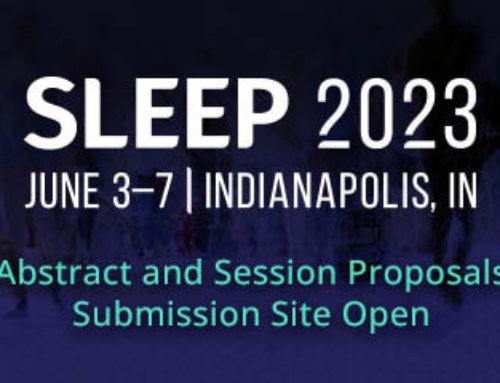WESTCHESTER, Ill. — Members of the U.S. Marine Corps (USMC) experience combined stressors, including physical exertion and the threat of enemy fire. A research abstract that will be presented Wednesday at SLEEP 2007, the 21st Annual Meeting of the Associated Professional Sleep Societies (APSS), finds that sleep deprivation, which can result in fatigue, is another factor that can impair troops’ vigilance and decision-making with potentially dangerous consequences.
Chris Berka, of Advanced Brain Monitoring, Inc., in Carlsbad, Calif., evaluated 17 USMC battalion/platoon leaders with continuous actigraphy during 28-day, live-fire training exercises and weekly with a wireless electroencephalogram and heart rate acquired during the performance of a 20-minute, Three-Choice Vigilance Task. Self-reported stress, fatigue and mood were assessed as well.
The assessments taken from the exercise provided quantitative measures of fatigue easily obtained in operational environments.
“Fatigue is a serious problem during USMC convoy operations, and with 35-to-50 percent of U.S. casualties in Iraq occurring during attacks on convoys, assessment of fatigue coupled with appropriate interventions could save lives,” said Berka. “The data collected in this study indicate that Marines do not self-report issues related to fatigue, thus more objective measures would be highly beneficial.”
The amount of sleep a person gets affects his or her physical health, emotional well-being, mental abilities, productivity and performance. Recent studies associate lack of sleep with serious health problems such as an increased risk of depression, obesity, cardiovascular disease and diabetes.
Experts recommend that adults get between seven and eight hours of sleep each night to maintain good health and optimum performance.
Persons who think they might be suffering from a sleep disorder are encouraged to consult with their primary care physician, who will refer them to a sleep specialist.
The annual SLEEP meeting brings together an international body of 5,000 leading researchers and clinicians in the field of sleep medicine to present and discuss new findings and medical developments related to sleep and sleep disorders.
More than 1,000 research abstracts will be presented at the SLEEP meeting, a joint venture of the American Academy of Sleep Medicine and the Sleep Research Society. The four-day scientific meeting will bring to light new findings that enhance the understanding of the processes of sleep and aid the diagnosis and treatment of sleep disorders such as insomnia, narcolepsy and sleep apnea.
CONTACT:
Jim Arcuri
(708) 492-0930, ext. 9317
jarcuri@aasm.org
# # #








